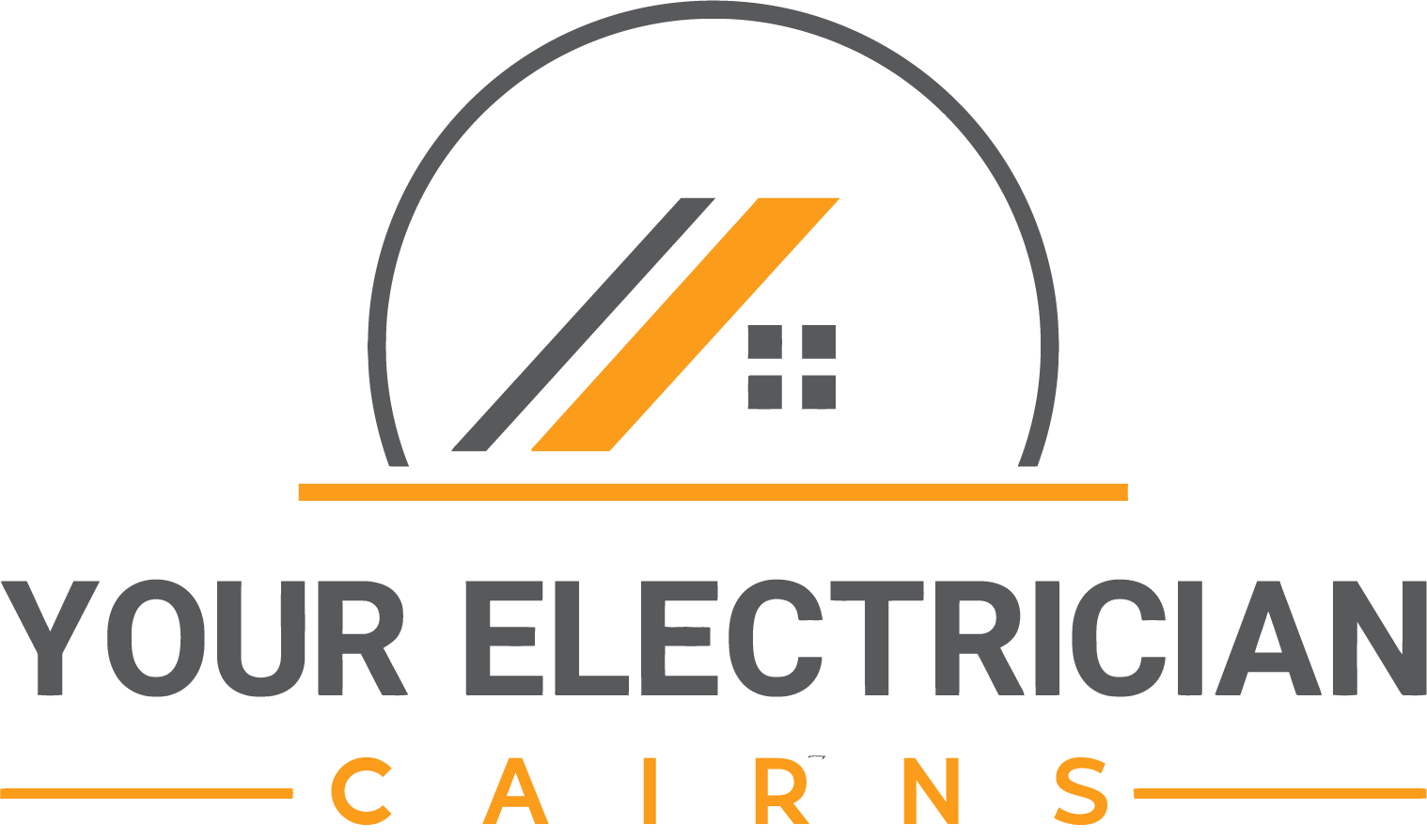The common electrical hazards at home are frayed cords, outdated wiring systems, overloaded power points, water near electrical sources, and unattended electrical appliances. Knowing these dangers is essential in maintaining safety in your house.
Any reputable electrician in Cairns knows the importance of regular electrical inspections to prevent such issues from arising. Additionally, being aware of these risks will minimise the chances of electrical accidents.
For this post, we’ll discuss the electrical hazards prevalent in many residences today.
Frayed Cords or Wires
Frayed cords or wires pose a significant risk, often leading to short circuits and fires. Regularly inspect cables for signs of wear and tear, especially in older appliances. If damage is spotted, replace the cord promptly.
Remember, taping over frayed sections is not a safe solution. This hazard underscores the importance of maintaining appliances to ensure they meet safety standards, including obtaining an electrical certificate of compliance when needed.

Outdated Wiring Systems
Homes with outdated wiring are prone to various issues, such as inadequate power supply and increased fire risk. Wiring that hasn’t been updated for decades may struggle to cope with modern electrical demands.
It’s crucial to have a licenced electrician assess your home’s wiring. They can advise on necessary upgrades, ensuring your system adheres to current safety standards.
Overloaded Power Points
Overloading power points is a common but hazardous practice. It occurs when multiple devices are connected to a single outlet, often via extension leads. This can cause overheating and potentially lead to electrical fires.
To avoid this, spread out your electrical devices across different outlets and use power boards with built-in safety features.
Water Near Electrical Sources
The combination of water and electricity is extremely dangerous. Ensure all electrical appliances are kept away from water sources. In areas like bathrooms and kitchens, extra caution is needed.
Never handle electrical appliances with wet hands and make sure outlets near water sources are installed with proper safety switches.

Unattended Electrical Appliances
Leaving electrical appliances unattended is never safe, especially those that generate heat. Devices like irons, heaters, or cooking appliances should never be left on without supervision.
Always switch off and unplug these items when not in use. Regular maintenance checks are vital to ensure they operate safely and efficiently.
What Should I Do If There’s an Electrical Hazard in My Home?
You should switch off the electricity in the affected area if there’s an electrical hazard in your home. However, you should only do this when it’s safe to do so.
The next step is to stay far away from the danger. Avoid any direct contact, especially when there are damaged appliances or exposed wires.
Finally, get in touch with a qualified electrician so they can inspect and address the problem. Attempting to do the repairs on your own is dangerous.
